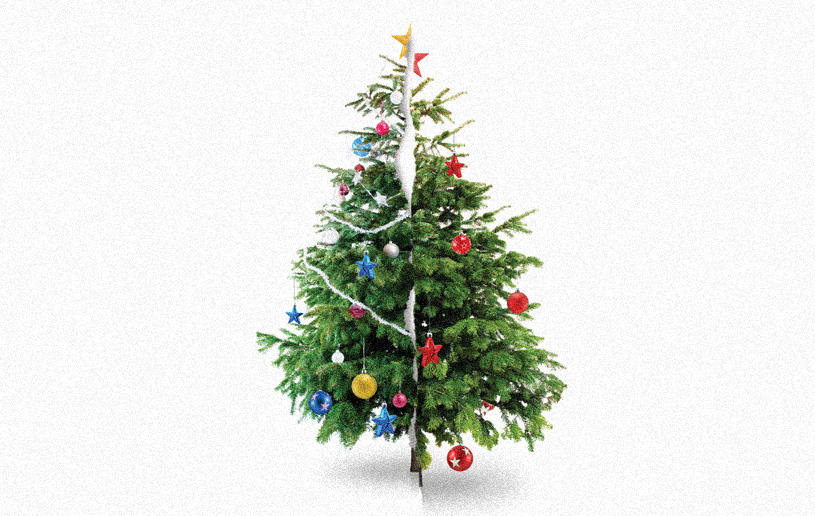
There are certain traditions I’ve always loved. Opening gifts on December 24 is high on my list. As well there’s a special place in my heart for anyone who overuses the word “festival” as it brings back so many memories from years past, which only three or four other people in the world can fully understand.
Traditions are nothing new. In fact, it’s because they’re not new they hold any value whatsoever. They can originate from practically anywhere—passed down through the generations, originated from a memorable experience, or even created as a way to commemorate an event.
However, now that I’m married I’m learning traditions aren’t always easily explained to someone who hasn’t been a part of them. The ones I’ve held dear for many years aren’t the same as the ones my husband connects with. He certainly doesn’t dissolve into laughter when he hears the word “festival.” And I will never understand his strange phone conversations with his high school friends, always concluding with a made-up ninja language.
While much of the time our odd traditions don’t cause conflict they do sometimes collide, especially when these traditions involve family or holidays. It’s in these times I’m learning we must fuse our traditions.
In order to create traditions that worked for both of us we asked a few clarifying questions.
- Should one replace the other?
- Should both be thrown out and new ones created?
- Should we alternate?
- Should we even bother?
It took this discussion to make me realize how much I value traditions. They help make me who I am and I look forward to sharing them with others to create special bonds and memories.
Before this I thought of tradition as more of a legalistic and/or religious practice—something Jesus stood against in His ministry on earth (Matthew 15, Mark 7). However, tradition is so much more than autopilot rituals. The New Testament encourages us to not only repeat what we have been taught but to teach others as well (Luke 22:19, 1 Corinthians 11:24-25, 2 Thessalonians 2-3).
Traditions also help us remember what God has done for us. If you’re into crime dramas you may have seen the show Unforgettable. In it Detective Carrie Wells has a condition resulting in an excessive memory (hyperthymesia). Basically, she has the ability to visually remember entire scenes of her life from the words spoken to what she saw. Unfortunately this is a rare condition. And for the majority of us we resort to playing memory games and creating routines in an attempt to remember.
Forgetting is a human condition. No one means to, our minds just can’t keep all the information intact. I suspect that’s why God instructed the Israelites to begin the Passover festival in Exodus 12. It’s a holiday designed to acknowledge and celebrate Israel’s deliverance from Egypt, and to remember what God did for them. I wonder how well the world would recall the event if Passover wasn’t observed.
For Christians traditions like celebrating Christmas help us keep Christ and what He’s done for us at the forefront of our minds. In our busy lives it’s so easy to go through the motions and forget what we’re saved from.
When fusing traditions something to keep in mind is the tradition itself is not what makes a relationship meaningful. Romans 4:10-12 points out that God doesn’t accept us because we adhere to religious traditions, but because of our faith. The traditions are simply a tangible way of acknowledging the importance of relationships, family, or events.
On the surface the rituals and traditions we attend to each year may seem a bit strange. But when we think of the history behind them, and of why we bother, often we discover a great opportunity to remember and celebrate God’s blessing in our lives.

